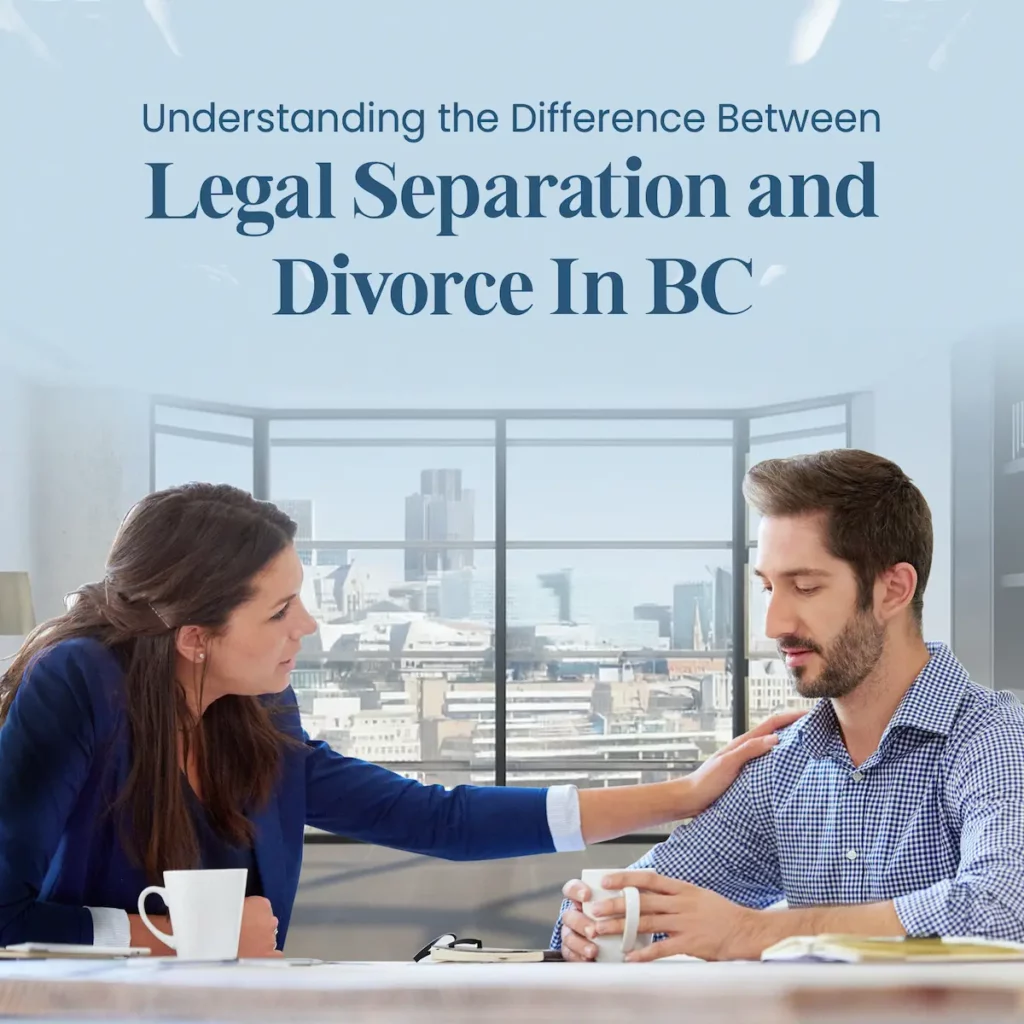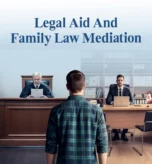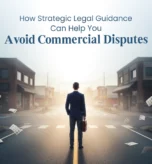When a relationship starts to break down, it can be one of the most emotional and confusing times in a person’s life. For many couples in British Columbia, this leads to an important question: Should we separate, or is it time for a divorce?
Although legal separation and divorce in BC might sound similar, they are quite different in the eyes of the law. These two options involve different legal processes, rights, and outcomes, so it’s essential to understand what each one entails before making a decision.
In this blog, we’ll break down the difference between legal separation and divorce in BC, explain how each process works, and help you figure out which path may be best for your unique situation. Whether you’re considering a temporary break or contemplating divorce, understanding your legal rights and responsibilities is crucial.
And if you’re feeling unsure or overwhelmed, you’re not alone. Sorensen Truong LLP, a trusted family law firm in British Columbia, is here to help you navigate these complex matters with clarity and care.
What is Legal Separation in BC?
Legal separation in BC does not require a court order or a legal document filed with the court. It simply means that a couple has decided to live apart to end their relationship. In BC, you are considered legally separated once you and your spouse begin living “separate and apart.”
That said, it’s a good idea to formalize your separation with a separation agreement, which is a legally binding contract that outlines important matters such as:
- Division of property and debts
- Child custody and parenting arrangements
- Child and spousal support
- Use of the family home
This agreement can help prevent misunderstandings and protect the legal rights of both parties.
What is Divorce in BC?
Divorce in British Columbia is the official legal process that ends a marriage. Unlike legal separation, which does not require court involvement, getting a divorce in BC means applying to the Supreme Court of British Columbia to have your marriage legally dissolved. Once the court grants the divorce, both individuals are legally single and free to remarry if they choose.
To begin the BC divorce process, there are a few basic eligibility criteria you must meet:
- You must be legally married, either in Canada or internationally
- You or your spouse must have lived in British Columbia for at least one year before filing
- You must be separated for at least one year, unless there are serious reasons like abuse or adultery
There are two main types of divorce in BC:
- Uncontested Divorce in BC – This is the simplest option, where both spouses agree on key matters such as child custody, support, and property division. It’s typically quicker and more affordable.
- Contested Divorce in BC – This occurs when spouses cannot agree and need a judge to resolve issues. These cases often take longer and may involve legal representation and court hearings.
Whether your situation is straightforward or complicated, understanding your options for divorce in BC can help you take the next step with clarity.
Key Differences Between Legal Separation and Divorce in BC
| Aspect | Legal Separation | Divorce |
| Legal Status | Still legally married | Marriage legally ended |
| Court Involvement | Not necessary unless issues go to court | Required (file in the Supreme Court of BC) |
| Remarriage Rights | Cannot remarry | Free to remarry |
| Financial Responsibilities | Can be addressed in a separation agreement | Addressed through court orders or agreements |
| Time Requirement | Immediate (as soon as separation begins) | Usually, after one year of separation |
Why Choose Legal Separation?
For many couples in British Columbia, legal separation offers a flexible alternative to divorce, especially when the future of the relationship is still uncertain. Rather than ending the marriage entirely, legal separation in BC allows spouses to live apart, make important decisions around finances and parenting, and take time to reassess their relationship—all while remaining legally married.
There are several reasons why some couples choose separation over divorce:
- Religious or Cultural Beliefs: Some individuals or families may avoid divorce due to deeply held religious or cultural values.
- Possibility of Reconciliation: Separation offers space and time to work on the relationship without the finality of divorce.
- Financial or Tax Benefits: Remaining legally married may allow couples to access shared health benefits, file taxes jointly, or avoid certain financial penalties.
- Access to Spousal Benefits: Legally separated spouses may still be eligible for pensions, extended health plans, or insurance benefits.
In many cases, legal separation in BC acts as a stepping stone, giving couples a chance to resolve emotional, legal, and practical issues before deciding whether to proceed with a divorce. It’s a thoughtful option for those who aren’t ready to take permanent legal action but still need structure and clarity.
Why Choose Divorce?
Couples who are certain that they want to end the marriage permanently usually opt for divorce. It provides closure and allows individuals to move on fully, both emotionally and legally. Divorce is often pursued when:
- Reconciliation is not possible
- Either party wants to remarry
- Final property division is needed
Do You Need a Lawyer for Separation or Divorce in BC?
While you can file for separation or divorce without a lawyer, getting professional legal advice is highly recommended, especially when children, property, or finances are involved.
If you’re in BC and need legal support, Sorensen Truong LLP offers trusted family law services. Their experienced lawyers can help you:
- Draft a legally sound separation agreement
- File for divorce and represent you in court
- Protect your parental and financial rights
- Resolve disputes through negotiation or mediation
How Long Does the Process Take?
Understanding the timeline for separation and divorce in BC is important when planning your next steps. While legal separation can begin almost immediately, the divorce process in British Columbia may take several months, depending on the circumstances.
Here’s a breakdown of what to expect:
- Separation in BC:
You and your spouse are considered legally separated as soon as you start living apart to end the relationship. There’s no formal waiting period. However, drafting a separation agreement—which outlines parenting, financial, and property matters—can take a few weeks to a few months, depending on how complex or cooperative the situation is. - Uncontested Divorce in BC:
If both parties agree on all major issues (like child custody and property division), an uncontested divorce usually takes around 3 to 6 months from the time of application to final judgment. This is the fastest route to divorce in the province. - Contested Divorce in BC:
If there are unresolved disputes, the divorce becomes contested, which means it will go through court hearings. This can significantly delay the process, sometimes taking a year or more, depending on the court’s schedule and the complexity of the case.
Whether you’re considering separation or divorce in BC, understanding these timelines can help you set realistic expectations and plan accordingly.
Can You Be Separated and Still Live in the Same House?
Yes. In BC, couples can be legally separated while living under the same roof. You must show that you are no longer functioning as a couple sleeping in separate rooms, managing your finances, and no longer presenting yourselves as a couple in public.
This is a common scenario when housing is expensive or co-parenting arrangements are being worked out.
Final Thoughts
Whether you pursue legal separation or divorce in BC depends on your personal and legal circumstances. Understanding the difference helps you plan effectively for your future and protect your rights.
If you’re facing separation or divorce in British Columbia, consult a local family lawyer to guide you through the process. Sorensen Truong LLP is a reputable legal service provider in BC that can help you navigate every step with confidence and clarity.





